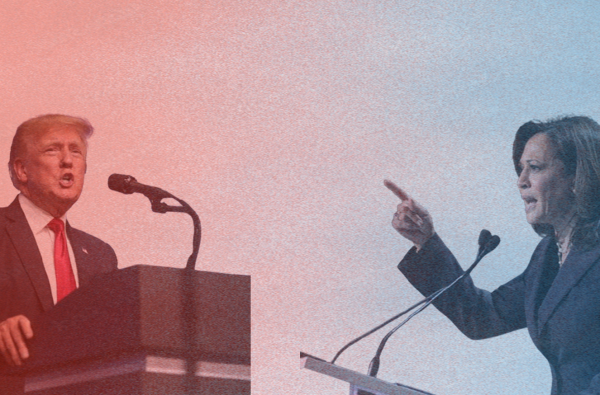Sharing is not caring
Facebook is now an open book
On April 4, it was announced that as many as 87 million Facebook user’s had their information with Cambridge Analytica. This unauthorized sale took place nearly three years, yet it was not until this month that users found out. Cambridge Analytica did not obtain the information by hacking Facebook as the site allows user information to be accessed for academic purposes; users consent to this when they create their accounts. However, Facebook prohibits this data from being sold or transferred “to any ad network, data broker or other advertising or monetization-related service.” This is exactly what Dr. Aleksandr Kogan, a russian american psychology professor at Cambridge University, had done. Starting on April 9, Facebook began notifying users if their information had been taken by Cambridge Analytica.
Cambridge Analytica is a political data firm that was hired by Donald Trump back in 2016 to help him with his election campaign. Dr. Kogan compiled data about users identities, facebook friends, ‘likes’. Back in 2014, researchers asked users to take a personality quiz; additional information was also recorded about the users from their facebook accounts. The information that was collected by the firm was used to gain a better understanding of America’s personality, and to influence their behavior in the 2016 election. Only the 270,000 users who completed the survey had agreed to give their information to Cambridge Analytica. However, they had been told that the information collection was for academic use, not for the presidential election. Cambridge Analytica was able to access information about the facebook friends of the users who had taken the survey, which is how they were able to obtain information about nearly 87 million users. Facebook says that no passwords or “sensitive pieces of information” had been taken.
Over the past two weeks, Facebook has been attempting to repair how it is viewed by the public and politicians. They now have posted a message at the top of users facebook feed that informs users how to protect their information. They are also implementing some new big platform changes to prevent something similar from happening again. Developers of third party applications will now initially receive less information about users, and they will stop having access to user data if they cease to use the third party application for over three months. If they wish to receive more information, they will have to seek Facebook’s approval. Facebook also says that they will be looking into companies with ‘suspicious activity’ and will conducting a thorough audit of these companies. Additionally, developers that have misused users “personally identified information” will be banned.
The Federal Trade Commission is investigation whether Facebook violated a 2011 consent agreement to keep user information private. Members of Congress have also asked to hold hearings about Facebook’s connection to Cambridge Analytica, and wrote a letter to Facebook CEO, Mark Zuckerberg, to answer questions about how the data was collection. Later this week, Zuckerberg will testify before court and answer questions about the company’s use and what the company does to prevent users data.






